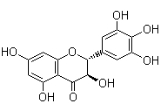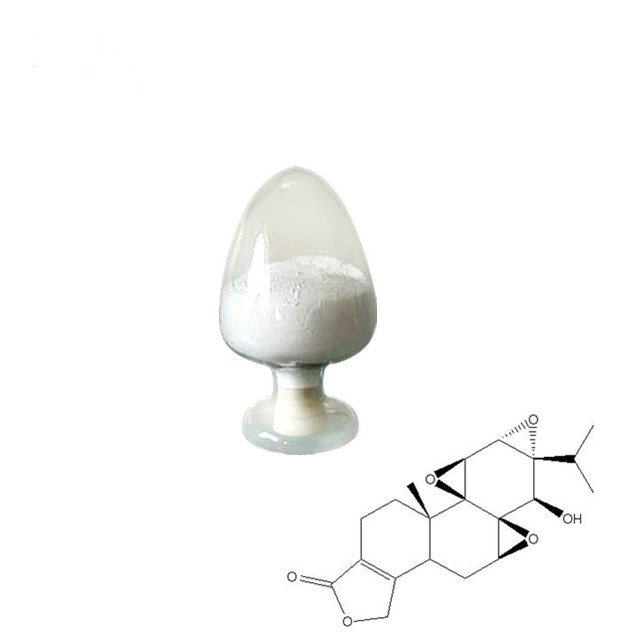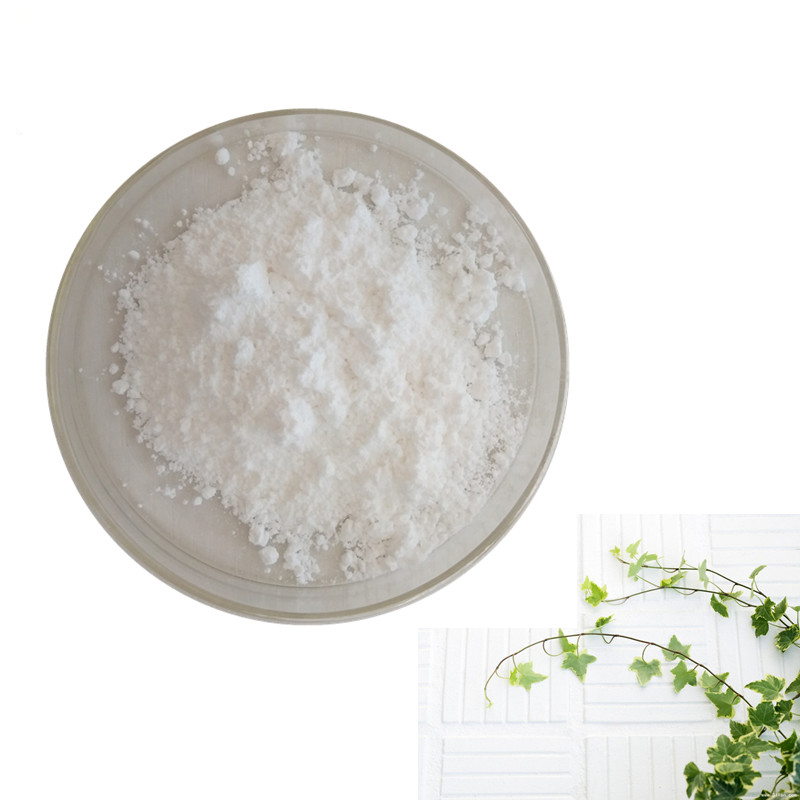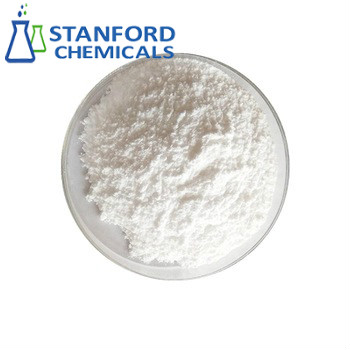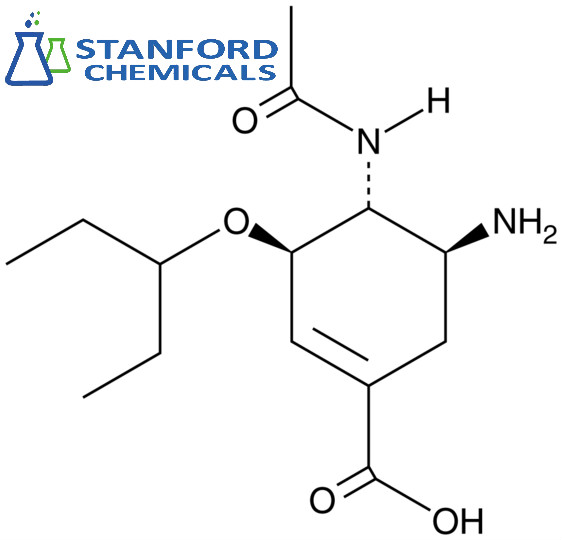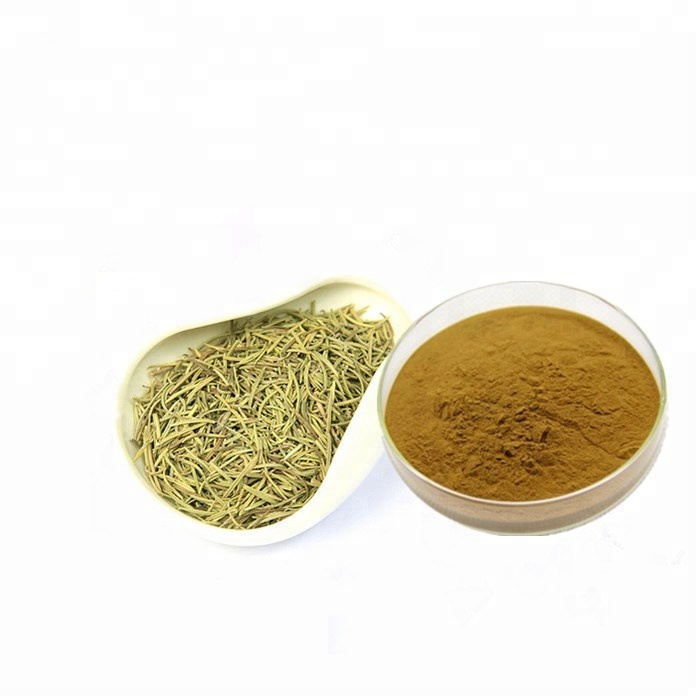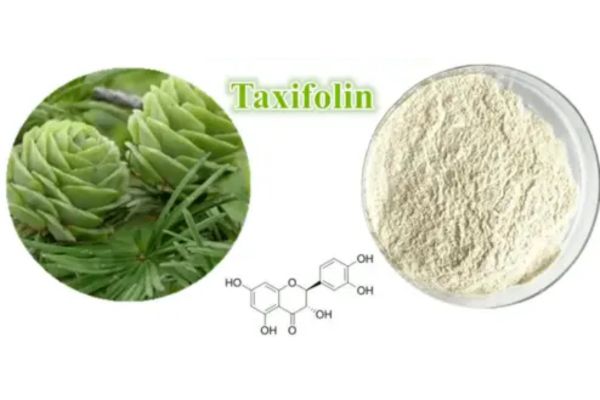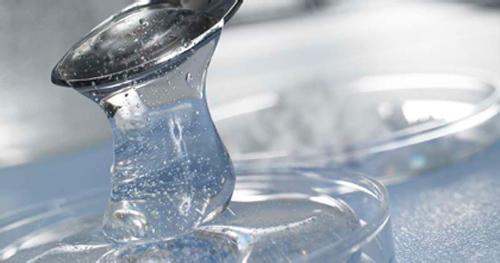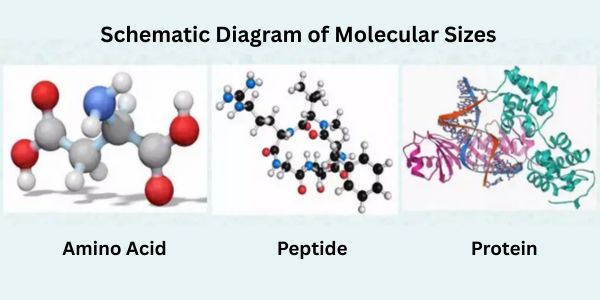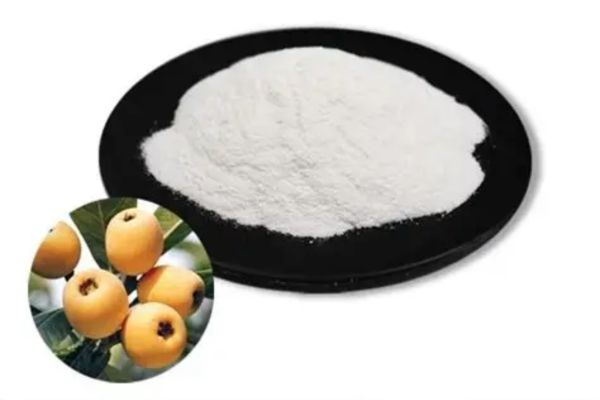Our previous article discussed the sources of chondroitin sulfate (CS), and it includes cattle, sharks, pigs, poultry, and new synthetic technology. After it is extracted, where is CS used? This article will continue to introduce the uses of chondroitin sulfate. According to our research, it is mainly used in four areas: food supplements, pharmaceuticals, Animal feed, and personal care & cosmetics. 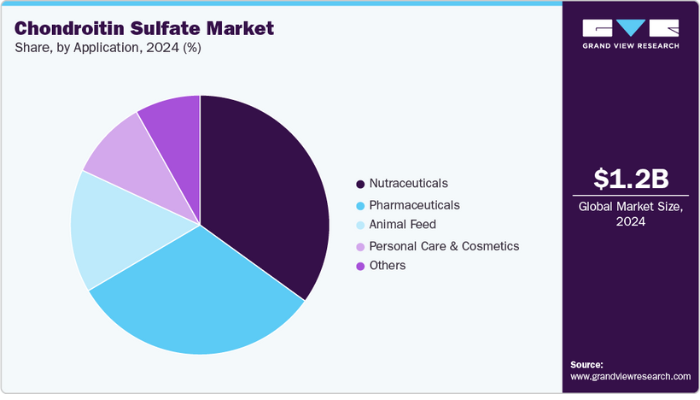 Fig 1. Chondroitin Sulfate Market, Grand View Research
Fig 1. Chondroitin Sulfate Market, Grand View Research
Food Supplements
Food supplements are the leading market for chondroitin sulfate. In 2024, this area accounted for 35.0% of the total market revenue, the largest share. This aligns with the global aging trend and growing health awareness. The primary use of chondroitin sulfate as a dietary supplement is for joint health. It addresses problems like osteoarthritis, joint pain, and joint stiffness. It can relieve symptoms, protect and repair joint cartilage, and improve joint function. Usually, people take it together with glucosamine. However, chondroitin sulfate is most suitable for patients with mild to moderate joint cartilage wear. For severe patients, intra-articular hyaluronic acid injections are a better choice.
Hyaluronic Acid VS. Glucosamine VS. Chondroitin: Which Is Best for Joints?
Besides joint health, chondroitin sulfate as a dietary supplement also provides other benefits.
- Skin Health: It can moisturize the skin, increase skin elasticity, and reduce wrinkles.
- Eye Health: Chondroitin sulfate is also present in the cornea and vitreous body. It has water-retaining and structural maintenance functions.
- Urinary System Health: The bladder wall also contains similar glycosaminoglycans, one of which is chondroitin sulfate. One theory suggests supplementing with it may help repair the bladder lining and alleviate conditions like interstitial cystitis.
Pharmaceuticals
Chondroitin sulfate is used differently in the pharmaceutical industry compared to food supplements. In food supplements, it is mainly a maintenance ingredient. In pharmaceuticals, however, its use is more precise and strict. It is usually used as an active ingredient or a key excipient in medicines.
As an active ingredient, it primarily treats osteoarthritis. Chondroitin sulfate itself has biochemical activity. It offers various benefits like promoting cartilage repair, fighting inflammation, and providing antioxidants. In many countries in Europe and Asia (such as Italy, Spain, Greece, South Korea, etc.), chondroitin sulfate is approved as a prescription drug for treating osteoarthritis. In the United States, it is used as an over-the-counter drug.
As a pharmaceutical excipient, it is used in ophthalmic surgery viscoelastics and drug delivery. "Viscoelastics" for ophthalmic surgery are a very high-value application of chondroitin sulfate in pharmaceuticals. During intraocular surgeries like cataract surgery and corneal transplantation, doctors need to maintain the shape of the eyeball and protect delicate intraocular tissues. Combining chondroitin sulfate with sodium hyaluronate creates a sterile viscoelastic agent, which protects the eye from damage. Chondroitin sulfate can also be used as a carrier in sustained-release formulations. It controls the release rate of drugs.
Animal Feed
In the animal feed market, the core use of chondroitin sulfate is as a joint health additive. This logic is consistent with its use in human dietary supplements. However, for farmed animals, the economic benefits are more prominent. For farmed animals like pigs and laying hens, adding chondroitin sulfate to feed can effectively prevent limb and hoof diseases and joint wear caused by long-term weight-bearing or cage farming. Meanwhile, in the pet food sector, chondroitin sulfate is widely added to dog and cat food or specific nutritional supplements. The aim is to maintain the health of pet joint cartilage and alleviate pain and stiffness caused by osteoarthritis. This improves pets' mobility and quality of life.
Cosmetics
In cosmetics, chondroitin sulfate mainly acts as a highly effective moisturizer and skin repair agent. Its application is not as widespread as hyaluronic acid. However, due to its unique biochemical properties, it is increasingly used in skincare products. It is increasingly featured in skincare products for its ability to provide deep hydration and promote skin regeneration. Furthermore, the benefits of chondroitin sulfate extend to hair and eye care. It is used in shampoos to moisturize the scalp and hair, and in eye creams to hydrate and repair the sensitive skin around the eyes, effectively reducing the appearance of fine lines and dryness.
Conclusion
In summary, chondroitin sulfate is a versatile ingredient, and it serves important roles in many industries. People use it for joint health and other benefits. Doctors use it in precise medical treatments. It also helps to keep animals' joints healthy.


